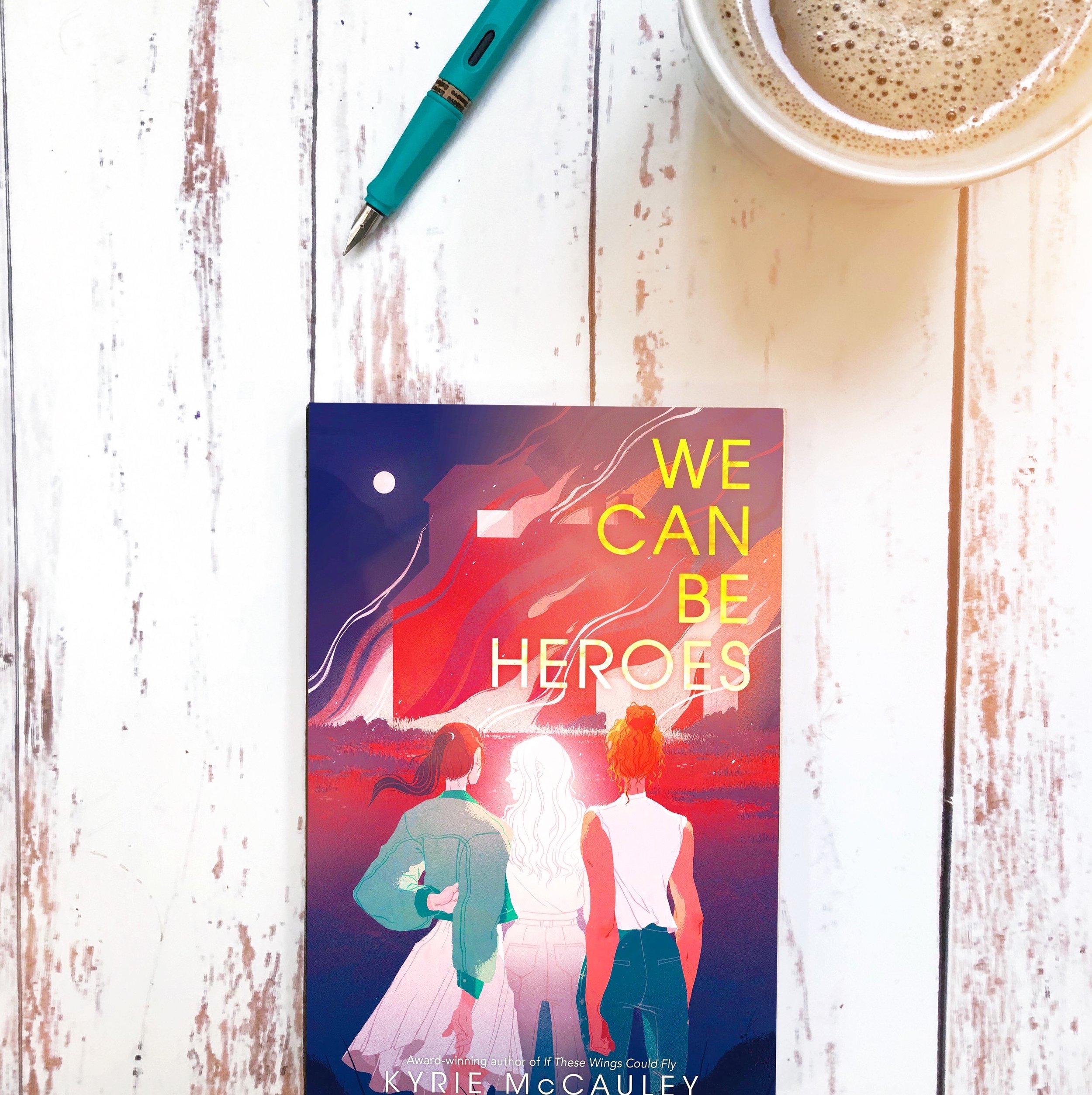Books about Education: Schools on Trial
“Our schools should strip away every element that they are known for: grades, tests, compulsory classes, periods, bells, age segregation, and homework. And then we should craft institutions that are grounded in the attributes we want to see in citizens in our society and designed to foster critical thinking and lifelong learning.”
Many homeschoolers, including myself, will not have trouble understanding the points Nikhil Goyal makes in his new book, Schools on Trial: How Freedom and Creativity Can Fix Our Educational Malpractice. Following in the footsteps of John Holt, John Taylor Gatto, Ivan Illich and others, Goyal believes that our current public school system is seriously flawed and wants to change it.
In the beginning of the book, Goyal viciously attacks the current public school system, calling it a prison. It’s important to note that Goyal recently graduated from a well-ranked high school himself. This 20-year-old journalist seemed to have fared well despite his schooling: he was named as one of Forbes’ 30 under 30. Though extremely critical, he gives a reasoned and well-researched account for his views.
The best part of the book, however, is the extensive research Goyal did on alternative methods of education. He only briefly touches on homeschooling. Most of the book is about his visits to several private, democratic schools around the country. A democratic school is one in which the students have control over their education and voting rights when it comes to the administration of the school. He makes the case that public school should give kids more control over their education as well. In this book you’ll learn the philosophies of such schools as Tinkering School, Sudbury schools, Summerhill School, Philly Free School and more.
This was extremely interesting to me. While I would not consider our style of homeschooling “unschooling,” I do rely on my children’s input when deciding what to put most of our efforts into. While I had heard of alternative schools, I didn’t know what democratic schools looked like, and it was inspiring to read how these schools operate. Seeing the good that they’re doing for students made me feel good about what I’m doing at home, and living in a culture that seems to value conformity more than the freedom to pursue intellectual interests, I don’t get that kind of reinforcement very often.
I found Goyal’s vision of setting up more community programs and investing in libraries and maker spaces a great idea. I think many homeschoolers are already utilizing many community resources, and I wholeheartedly agree that involving more of the community in educating our youth would be a win for everybody. But, of course, making this happen seems like an impossible task and Goyal understands what he’s up against.
While I know there are unhappy parents and teachers out there trying to make a change, I don’t think enough people are unhappy enough to take a stand against the current state of our public schools. Perhaps this is because they don’t understand the alternatives and that they can work. This is why Goyal’s book is invaluable. While these schools may not hold all the answers to the problems our public school system faces—I think any school is hard pressed to help a child who doesn’t have a supportive, loving family at home—they do offer a new way of looking at things. So whether or not parents could afford to send their children to one of these schools (we couldn’t), every parent should at least be aware that there are alternatives and how they work. They may inspire parents to get involved with their local schools, or they may even inspire a new way of parenting (or homeschooling technique).



















SHELLI BOND PABIS is home | school | life magazine’s senior editor. She writes about her family’s homeschooling journey at www.mamaofletters.com.